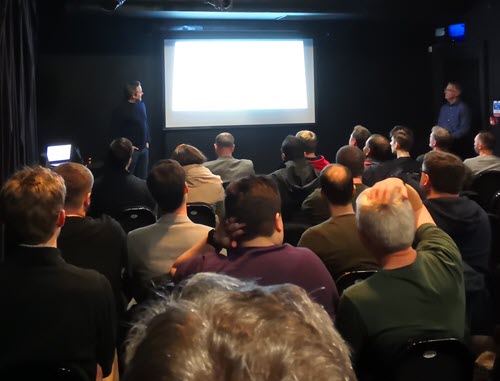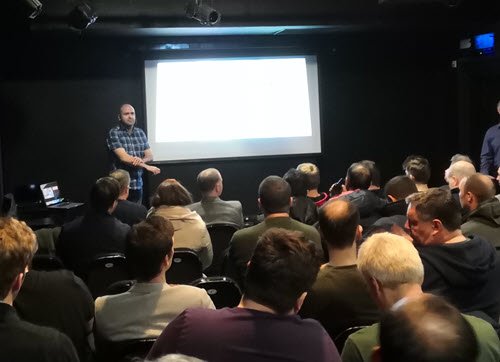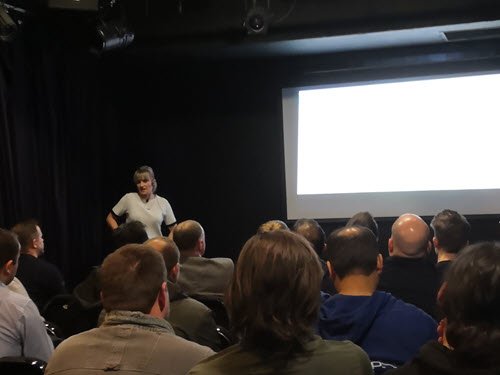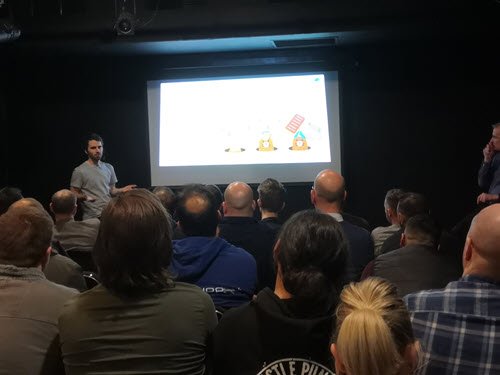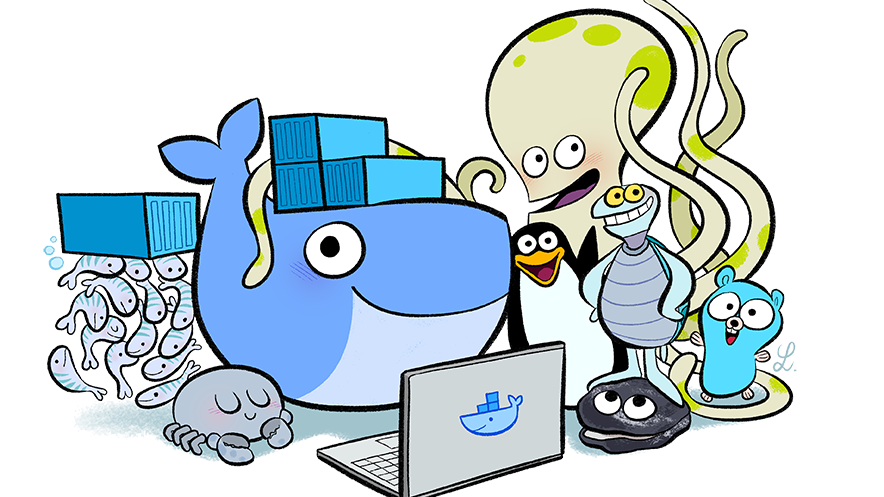
Last night was Docker Birmingham March 2020. It clashed with the Midlands Microsoft 365 and Azure User Group for the second time, so it was Docker Birmingham’s turn this time. 🙂
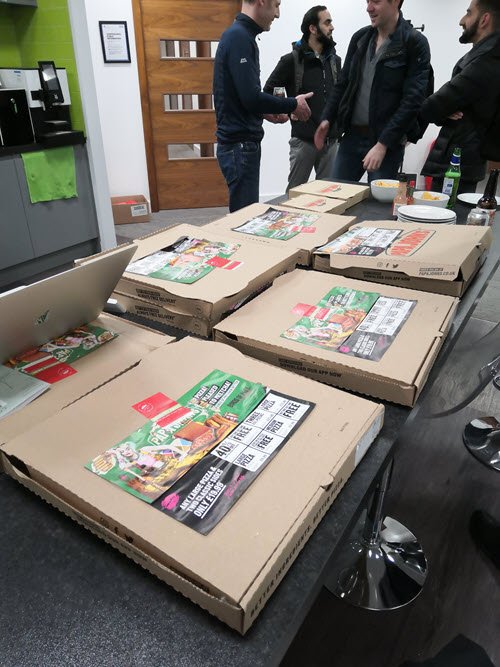
These events start with food and I was looking longingly at the pizzas, but I know enough about myself to know it would make me sleepy, so I distanced myself from them until later.
First up was Richard Horridge with “A Brief History of Containers”. As the name suggests this was a history lesson, but it started much further back than most do when discussing this subject. With punched cards in fact. Fortunately I never had the “pleasure” of those, but I did find myself thinking, “Oh yeah, I’ve used that!”, about a bunch of stuff mentioned. That’s it. I’m now part of ancient history. I think it’s good for some of the younger folks to understand about the history of some of this stuff, and the difference in focus from the system administration focus of the past, to the application focus of the present.
Next up was Matt Todd with “Say Yes! To K8s and Docker”. Let me start by saying I like Swarm. It feels almost like a dirty statement these days, but I do. Matt started in pretty much the same way. He gave a quick pros vs. cons between Swarm and Kubernetes, then launched into the main body of the talk, which was trying to find a convenient way to learn about Kubernetes on your laptop without needing to install a separate hypervisor. So basically how to run Kubernetes in Docker. He did a comparison between the following.
He picked K3s as his preferred solution.
Along the way he also mentioned these tools to help visualize what’s going on inside a Kubernetes cluster, which helped him as he was learning.
- Octant. Kind of like Portainer for Kubernetes.
- K9s. He described as looking like htop for Kubernetes.
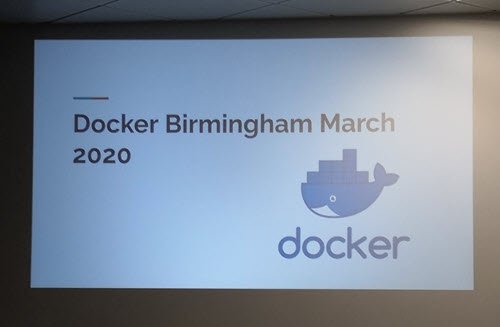
Of course, the obvious question was, “Why not Minikube?”, and that came down to his preference of not having to install another hypervisor. It was an interesting take on the subject, and mentioning Octant certainly got my attention.
So once again, I noobed my way through another event. Thanks to the speakers for taking their time to come and educate us, and to the sponsor Black Cat Technology Solutions for the venue, food and drinks. See you all soon!
Cheers
Tim…
